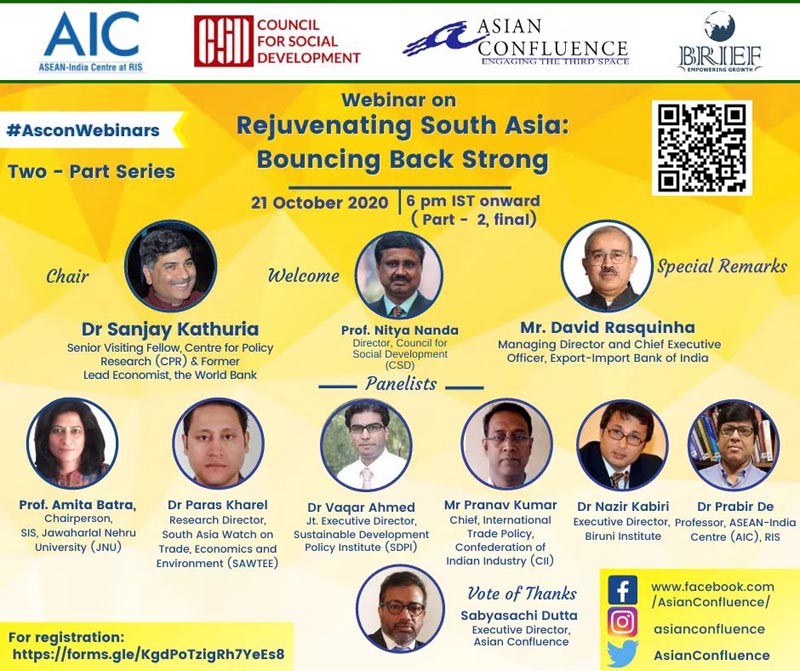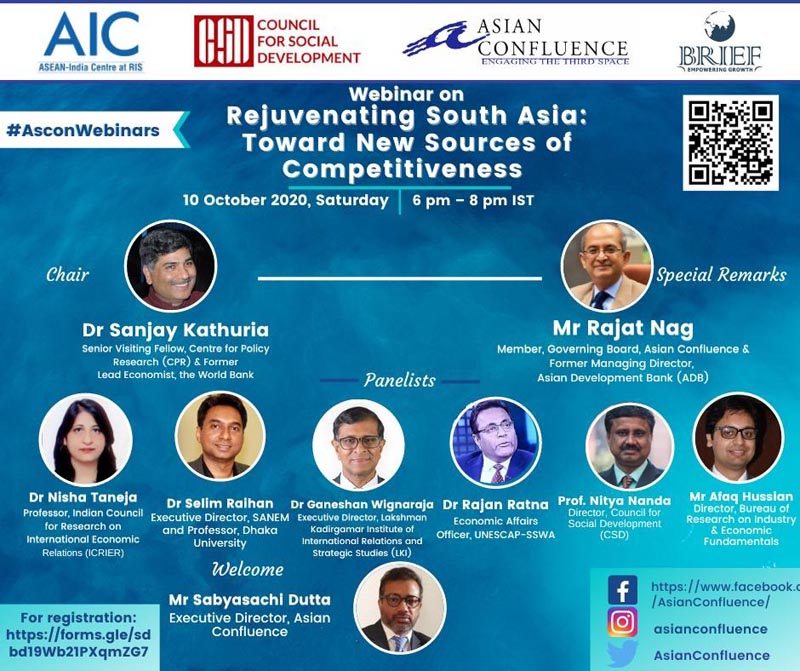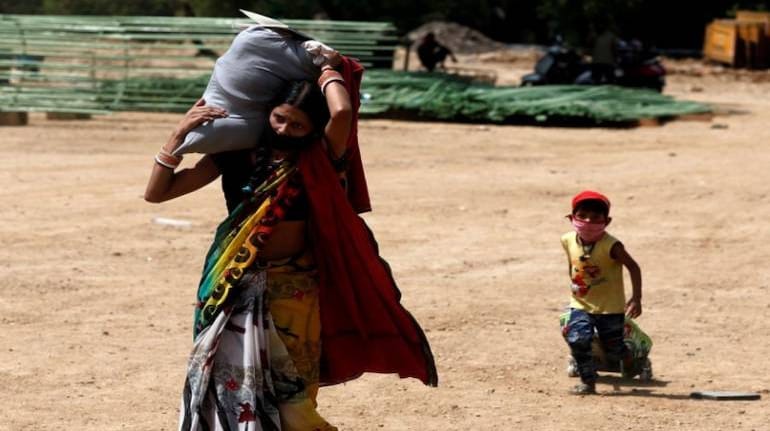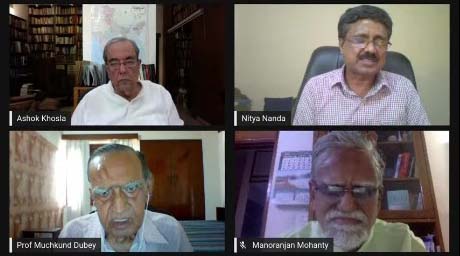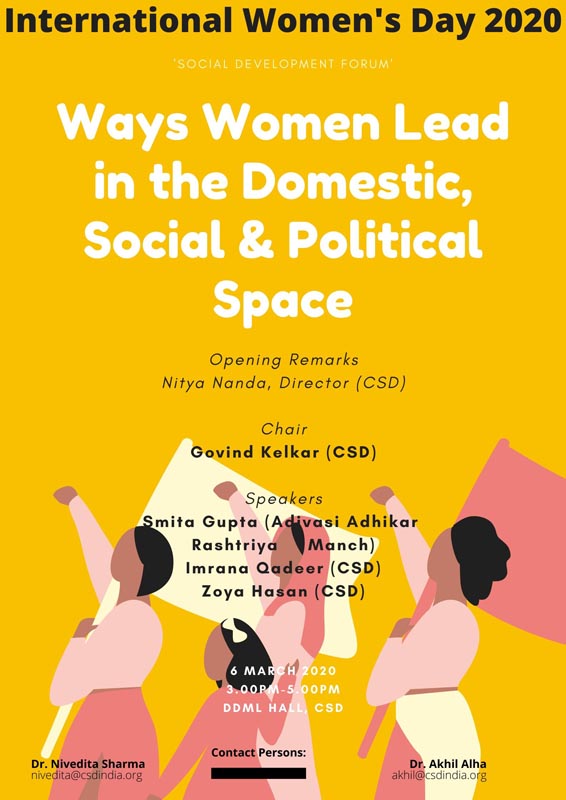The Union government in the recently concluded Monsoon session passed three farm reform Acts – The Farmers’ Produce Trade and Commerce (Promotion And Facilitation) Act 2020, The Farmers (Empowerment and Protection) Agreement on Price Assurance and Farm Services Act 2020, and The Essential Commodities (Amendment) Act 2020. The first Act allows farmers to sell their harvest outside the notified Agricultural Produce Market Committee (APMC) mandis without paying any State taxes or fees. The second Act facilitates contract farming and direct marketing while the third Act seeks to remove commodities like cereals, pulses, oilseeds, edible oils, onion and potatoes from the list of essential commodities. This will end the imposition of stock-holding limits except under extraordinary circumstances. Farmers, particularly in Punjab and Haryana, are protesting for retaining the Minimum Support Price (MSP).
The Government has assured the farmers that MSP and the regulated Agriculture Produce Market Committee (APMC) mandis will stay. However, it has also allowed private purchase by traders outside the mandis without paying any market fee. This means, for instance, in Punjab trading inside the mandis will invite six per cent tax for traders (including rural development fee) but outside the mandis anyone having a PAN card can buy from farmers directly without paying any tax. Farmers fear that such a system will make APMC mandis redundant over the years and so does the MSP. Most of the slogans at the farmers’ protests focus on the need to protect MSPs and they are demanding that MSPs be made universal, within mandis and outside, so that all purchase (Government or private) is done at a floor price.
Different states have also expressed their concerns that agriculture being a State subject, the Centre should not be making legislation on this subject at all. They are concerned about the loss of revenue from mandi taxes and fees, which currently ranges between 8.5 per cent in Punjab to less than 1 per cent in other States.
Further, the removal of stock limits and facilitation of bulk purchase and storage through the amendment to the Essential Commodities Act will encourage the role of large corporate players into the agriculture space. Entry of private players might bring in much needed investment on one hand, whereas on the other hand it could possible lead to exploitation of the farmers especially small farmers who are unlikely to match them in bargaining powers. Although, agriculture is a state subject, there is a common understanding that these Acts will take away the State’s power to decide on the strategies of marketing, storage, processing and food stock etc. In sum, this move may indirectly affect federalism in the country.
In the above background, the Social Development Forum of Council for Social Development, New Delhi is organising a Zoom meeting on 19th November 2020 to discuss the implications of these Acts on the future of farming and in particular marketing, food security and bargaining power of the farmers.
Programme Schedule
Farm Acts 2020 and their Implications for Indian Agriculture
Speakers
Prof D N Reddy
Hyderabad Central University (Retd)
Dr T Haque
Distinguished Professor, CSD and Former Chairman, CACP
Sri. Vijay Jawandhia, Farmer Leader
Founder member of Shetkari Sanghatana and Ex-President of All India Kisan Coordination Committee
Chair
Prof Nitya Nanda
Director, CSD New Delhi
Date: 19th November 2020
Time: 3.00-5.00 PM
Report SDF meeting on Farm Acts 2020 : Read More

